First look
What to know about the buzzy new restaurant that just arrived in East Austin
From the moment diners flick open the densely patterned napkin, it is difficult not to be impressed. Vixen’s Wedding, which opened in Arrive East Austin hotel on July 12, along with sister concept Lefty’s Brick Bar, arrived fully realized. By July 14, when I dined at the Portuguese-Goan restaurant, it was purring along with a well-oiled front of house and a nimble kitchen.
The success is no doubt owed to the assembled team — a supergroup of Austin hospitality pros that includes chefs and partners Todd Duplechan and Jessica Maher (Lenoir), beverage director Lindsay Drew (formerly of Guild), and executive pastry chef Sarah Prieto Listrom (formerly of Barley Swine).
The team's newcomers are no slouches, either. Executive chef Greg Zanotti was the chef de cuisine at Los Angeles’ influential Red Medicine. General manager Adan Nystrom spent his last couple of years at the world-famous Blue Hill at Stone Barns in upstate New York.
For a food writer, that's the dining equivalent of a Hollywood blockbuster with an Oscar-winning cast. But as I was otherwise being dazzled by the team’s collective output, I was also struck with unease. This Portuguese-Goan food — an Indian cuisine shaped by more than 400 years of Portuguese occupation — was being afforded buzz most immigrant-owned Austin restaurants can only envy — including a rare (and initially problematic) first look from Texas Monthly.
In the press materials announcing the opening, the team seems aware of the contemporary conversations around appropriation and food. Duplechan is not South Asian, but he did take time to stage with internationally renowned Indian chef Floyd Cardoz (who he had previously worked with in New York) and to study Goan food first-hand with travels through food stalls and spice farms.
Wisely, Duplechan uses Goan cuisine as inspiration rather than appropriating it as his own. In fact, Vixen’s menu doesn’t feel that far removed from Lenoir’s “hot weather food.” The sourcing remains local and sustainable, the plating relies on the artful arrangement of herbs, and the menu is organized into small plates and larger, sharable entrees. The most immediate difference is the exuberant use of spice.
That’s first noticed visually. The roasted redfish, crusted in flattened rice, arrives in a pumpkin-hued sauce, and the piri-piri chicken is a lava-like red. It's even more noticeable in the taste, which exhilarates in a town that too often relies on salt and fat. Though sprinkled with mango pickle, the luminous almaco ceviche doesn’t have the typical saline sting. Instead, each ingredient is allowed to have integrity, from the sweet peanuts to the buttery slices of avocado.
That light touch feels especially needed in Austin, a town that still wallows in pork belly even in 100-degree heat. Though Vixen’s does offer heavier fare like pork ribs vindaloo and curry leaf porchetta, there is a focus on vegetables and seafood (a staple of Goa) like lightly breaded okra and shrimp samosa. Fried flat breads like methi (fenugreek) paratha are weightless.
But one wonders what sort of restaurant Vixen’s Wedding would be helmed by a South Asian chef. Would they be able to secure the funding to realize their ambition? Would it get the splashy Texas Monthly feature? Would I be pestering the publicist so incessantly or calling the plating “artful” if it were presented on a thali?
Too often, non-Western food is grouped as ethnic cuisine (a term that immediately others). It is described as “exotic” or even "weird," but most frequently “authentic” — a word often weaponized by those with a shallow understanding of a regional cuisine. Worse yet, any attempt to fuse the food with other — especially French — traditions is regarded as “elevated,” a description Vixen’s avoids.
Vixen’s handles the traditions that inspired the restaurant with respect, never saying its version is better than the original. McCray & Co.’s decor nods to Goa without poaching outright. Blessedly, the team doesn’t engage in any anthropological discussions of the cuisine, treating it in much the same way as the Viet-Cajun dishes served at Lefty’s next door. Achieving that balance eases much of the restaurant’s innate anxiety.
Yes, Vixen’s Wedding is electric, and yes, you should visit. For some Austinites, Vixen’s will even be an introduction to Goan cuisine — and thus, a revelation. But diversity in taste isn't enough. If Austin wants to aspire to being a truly great food city, we can't just value the flavors and textures of the increasingly global food that we eat. We need to value the cultures that create it.
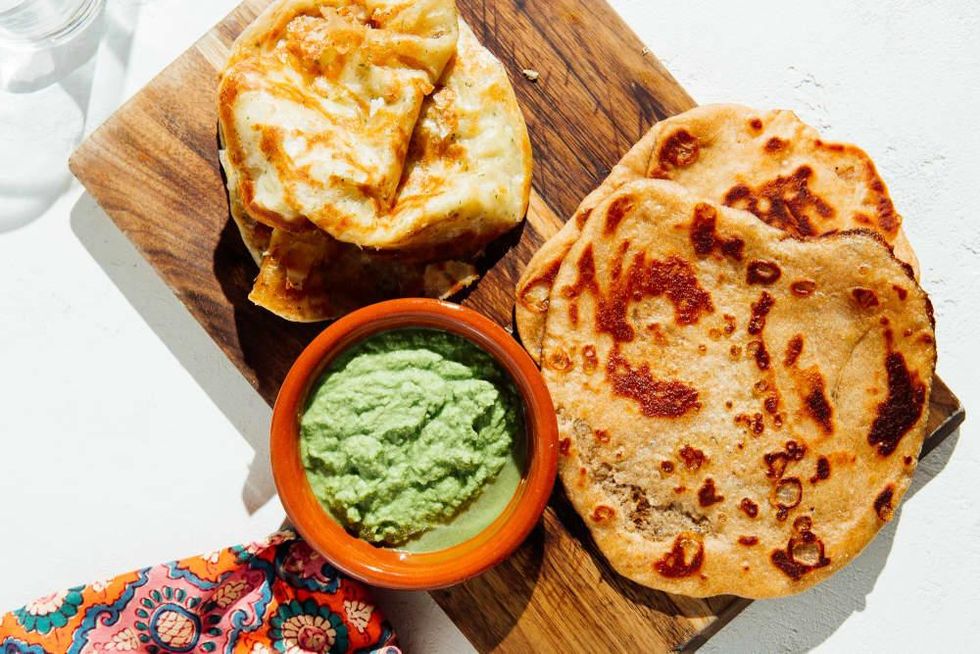
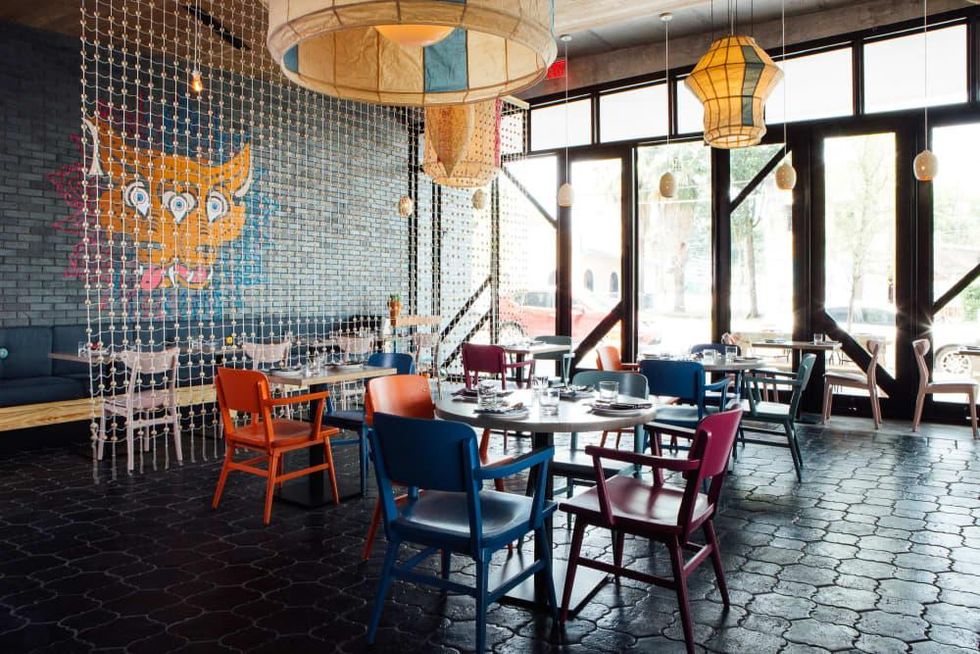

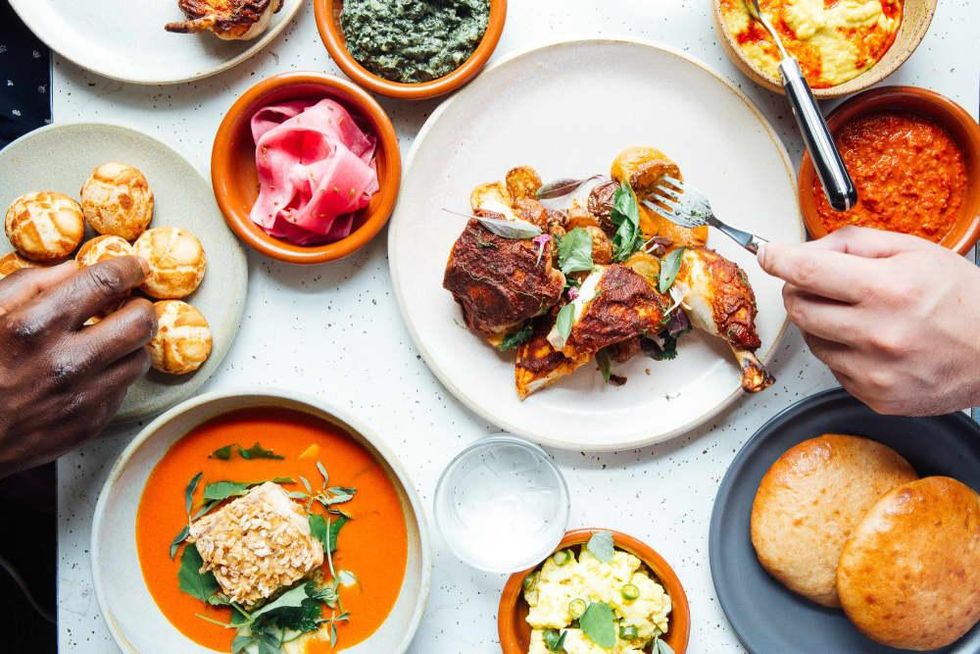
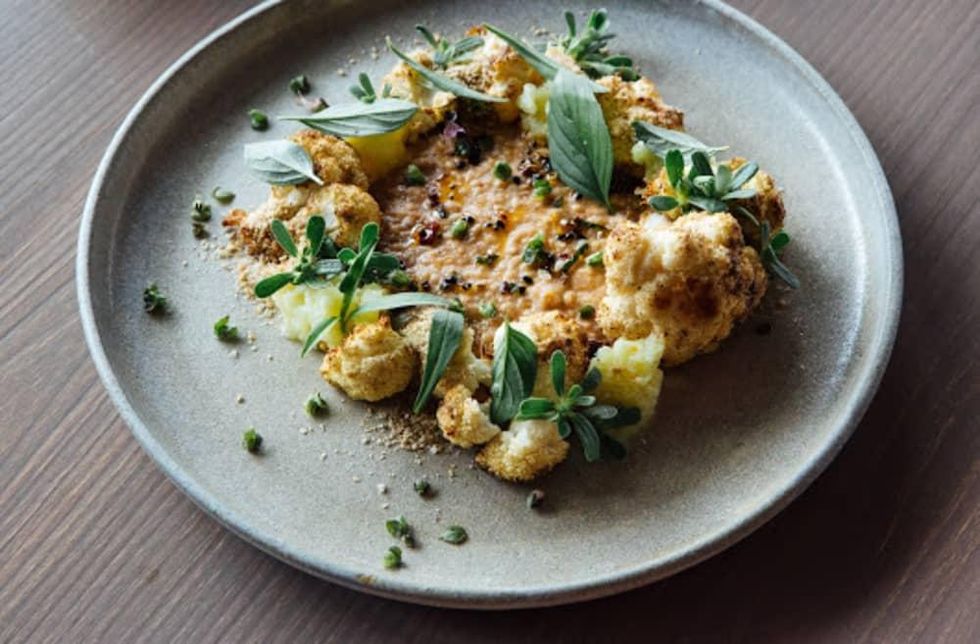


 The airy space takes advantage of its surroundings outside of the city.Photo courtesy of Tancho Sushi
The airy space takes advantage of its surroundings outside of the city.Photo courtesy of Tancho Sushi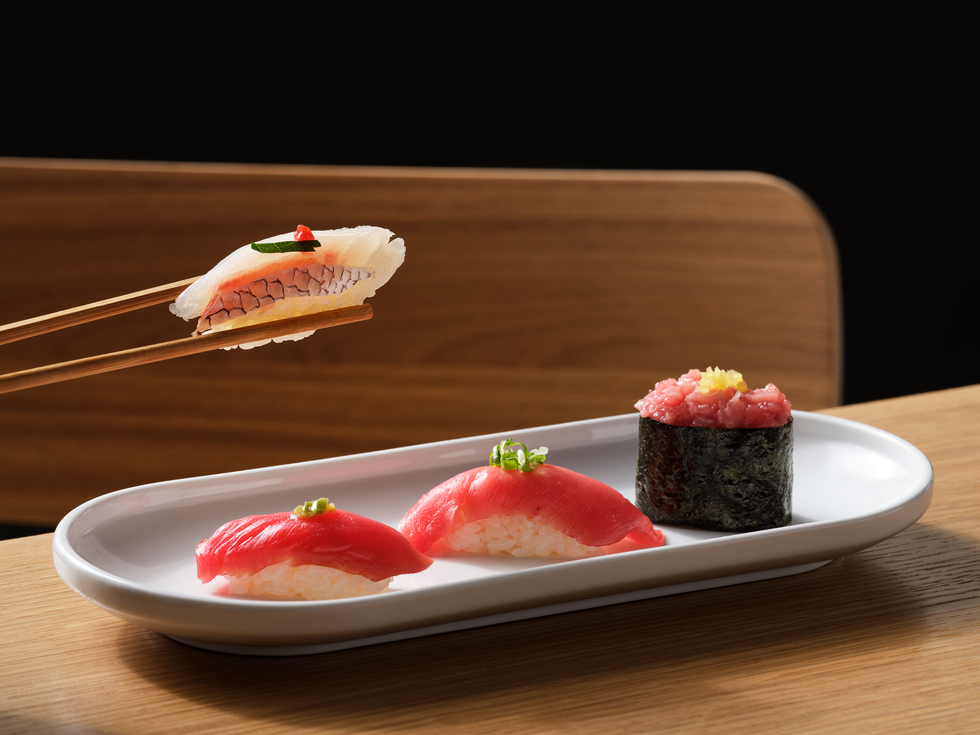 Offerings at Tancho are simple.Photo courtesy of Tancho Sushi
Offerings at Tancho are simple.Photo courtesy of Tancho Sushi The open hand rolls are a signature for the restaurant.Photo courtesy of Tancho Sushi
The open hand rolls are a signature for the restaurant.Photo courtesy of Tancho Sushi This restaurant is meant to be approachable.Image courtesy of Tancho Sushi
This restaurant is meant to be approachable.Image courtesy of Tancho Sushi